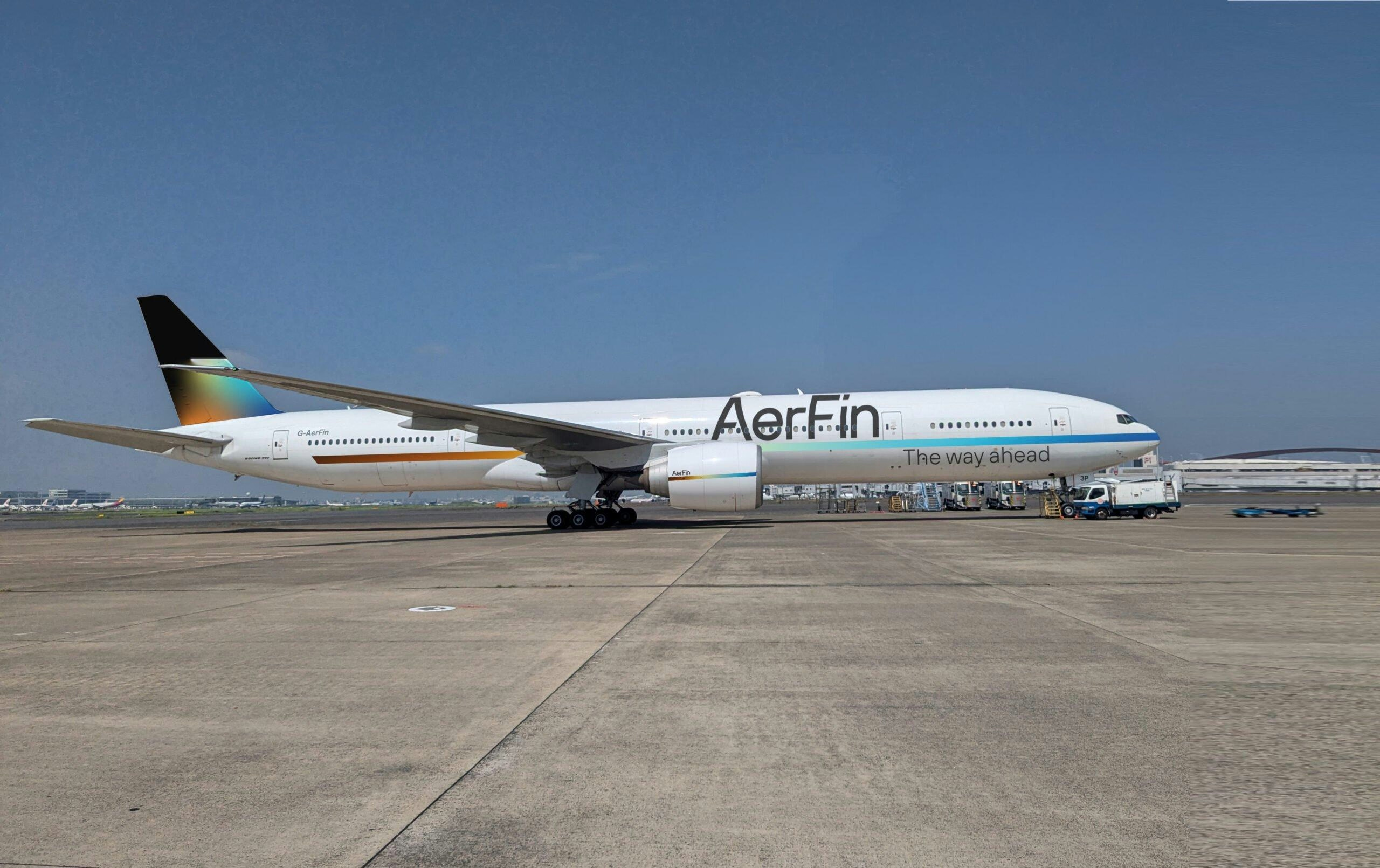AeroGenie — Your Intelligent Copilot.
Trending
Categories
AerFin Receives Second Boeing 777-300ER from Japan Airlines

AerFin Strengthens Widebody Market Position with Second Boeing 777-300ER Acquisition
AerFin has expanded its portfolio with the acquisition of a second Boeing 777-300ER previously operated by Japan Airlines (JAL). This marks the company’s third procurement of this particular aircraft model, reinforcing its strategic presence in the global widebody market. The newly acquired aircraft will be dismantled in the United States, where its components will be meticulously removed and refurbished. These serviceable parts will then be supplied to AerFin’s extensive international customer base, ensuring the continued availability of critical spare parts. This approach addresses the growing demand among airlines for enhanced supply chain resilience and operational reliability.
Commitment to the Asia Pacific Market and Industry Trends
Auvinash Narayen, Chief Investment Officer at AerFin, highlighted that this acquisition reflects the company’s enduring commitment to supporting airline customers in the Asia Pacific region. He emphasized that extending the operational life of these high-value assets helps airlines reduce costs while strengthening their supply chains. Narayen also expressed pride in collaborating closely with partners on this initiative and anticipates fostering trusted, long-term relationships throughout the region.
The acquisition coincides with a period of heightened demand for Boeing 777 materials, particularly the 777-300ER variant, which remains one of the most widely used and reliable widebody aircraft in service. Narayen noted that, unlike the older 777-200 and 777-300 models that are gradually being retired, the 777-300ER continues to demonstrate efficiency and dependability, with many years of operational service expected ahead.
Navigating Market Dynamics and Competitive Challenges
AerFin’s strategic move also reflects broader trends and challenges within the aviation sector. The politicized nature of jetliner sales has increasingly influenced market reactions and corporate strategies. In Japan, the expanding lease transition market, with companies such as MRO Japan targeting regional airlines, introduces additional competition and opportunity. Furthermore, the industry is closely monitoring competitor developments, including the recent certification by US and Israeli authorities of Israel Aerospace Industries’ (IAI) 777-300ER converted freighter, a development that could significantly reshape the aftermarket landscape for these aircraft.
Additionally, Boeing’s increased production of the 787 Dreamliner may impact market dynamics, potentially influencing demand for 777-300ER materials and services. Against this complex backdrop, AerFin’s acquisition strategy is designed to proactively meet the evolving needs of airlines and lessors by ensuring access to sustainable, cost-effective solutions. By focusing on the refurbishment and redistribution of high-value aircraft components, AerFin aims to support the industry’s transition while maintaining a robust supply chain for one of aviation’s most enduring aircraft types.

Emirates Unveils Cabin Design for New Boeing 777X

Eighteen Years On, the Airbus A380 Remains Central to a $34 Billion Airline

How a boom in luxury airline seats is slowing down jet deliveries

Navitaire Outage Attributed to Planned Maintenance

DigiYatra Debuts Outside Aviation at India AI Impact Summit

Vietnam Orders Strengthen Boeing’s Commercial Outlook

Airbus Signals Uncertainty Over Future A400M Orders

JobsOhio Awards $2 Million Grant to Hartzell Propeller for Innovation Center

Collins Aerospace Tests Sidekick Autonomy Software on YFQ-42A for U.S. Air Force CCA Program

How the Airbus A350-1000 Compares to the Boeing 777
